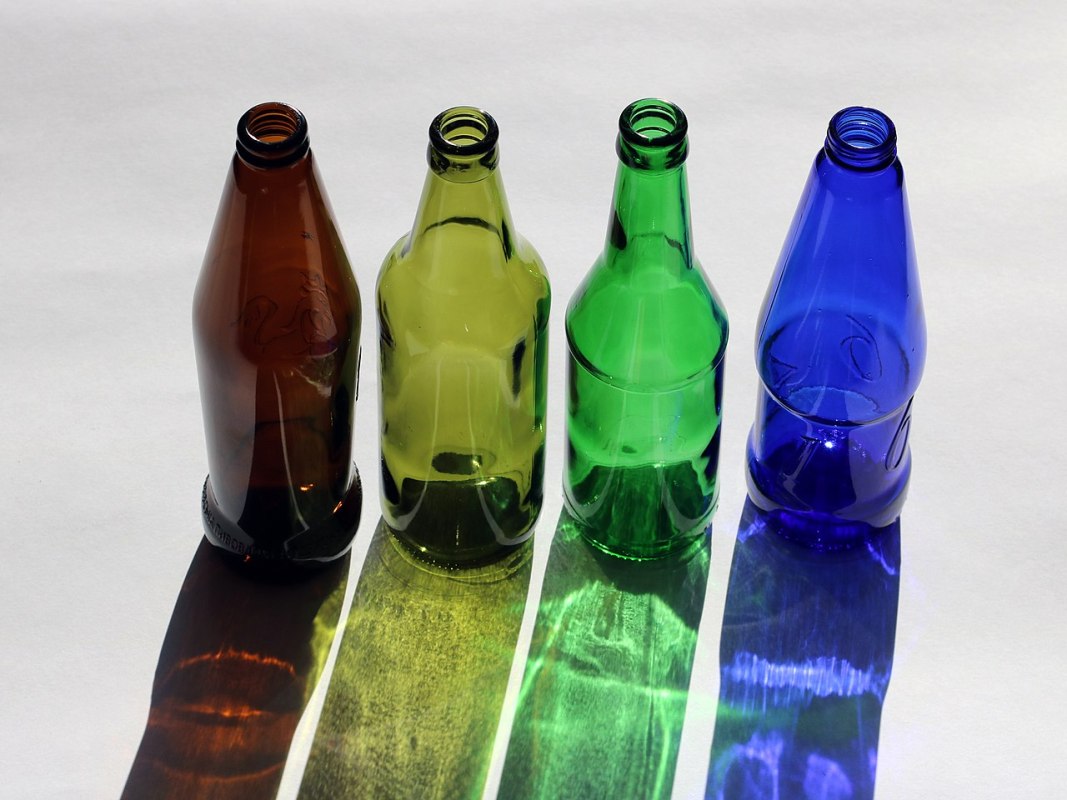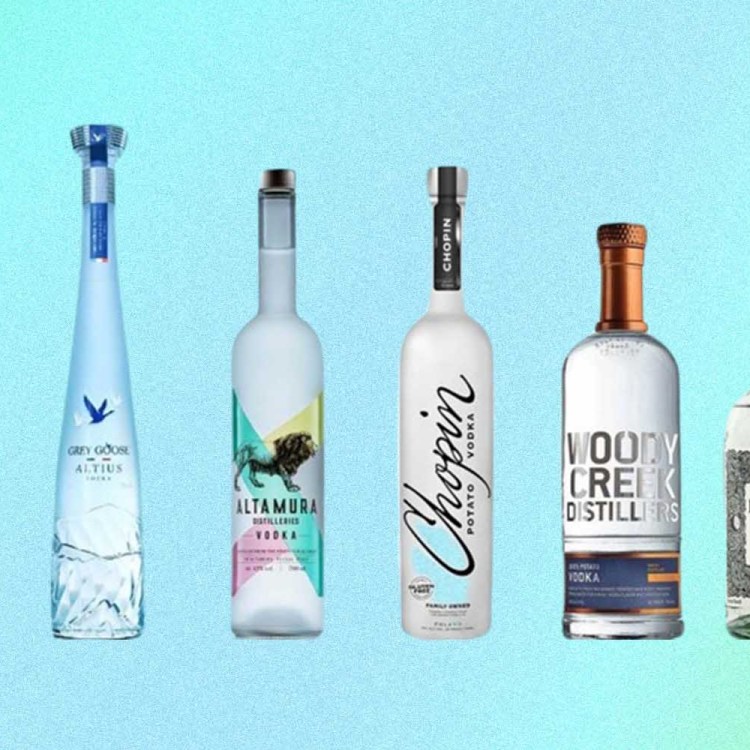Whether it’s large or small, nearly every brewery is facing a crisis brought on by the COVID-19 pandemic. For some, it might be a loss of sales due to restaurants being closed; for others, it could be due to broader issues in the supply chain. Those crises have resulted in a surplus of beer for many breweries, and the last few weeks have seen a wide variety of reactions. Some have turned excess beer into hand sanitizer; others have opted to transform it into whiskey.
A new article by Joshua M. Bernstein at The New York Times explores a number of ways breweries are coping with their unexpected surplus of beer. This is not a slight decision for many of them, as beer goes stale after a certain amount of time. One of the breweries mentioned in the article, Minneapolis’s Bauhaus Brew Labs, made the difficult decision to dispose of 900 gallons of beer.
Other breweries are experimenting in different ways. Seattle’s Machine House Brewery is now selling its beer in 5-liter bags — a storage method traditionally used for wine. Oregon’s Barley Brown’s Beer began canning its beer for the first time in its existence. It’s one of several breweries mentioned in the article that are experimenting with canning — hopefully finding new avenues for their beer.
The same issue that breweries are facing — beer nearing the end of its freshness — is also one which many beer distributors are also grappling with. What happens when unsold kegs have sat beyond a certain period? It’s another issue that affects numerous entities in the beer world — and one where there are few easy answers.
Subscribe here for our free daily newsletter.
Join America's Fastest Growing Spirits Newsletter THE SPILL. Unlock all the reviews, recipes and revelry — and get 15% off award-winning La Tierra de Acre Mezcal.


















